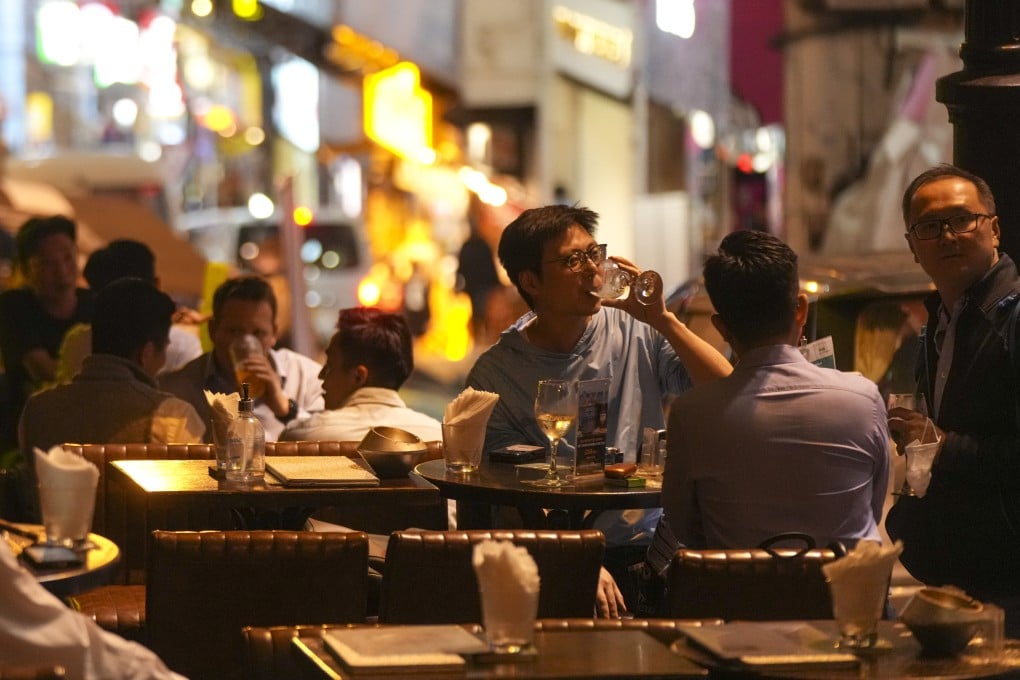Advertisement
Letters | Hong Kong’s liquor tax must not be cut in haste
Readers discuss the importance of due process in any policy change, a vision for a green economic transition, and ensuring public rental flats serve those in need
Reading Time:4 minutes
Why you can trust SCMP
1

Feel strongly about these letters, or any other aspects of the news? Share your views by emailing us your Letter to the Editor at [email protected] or filling in this Google form. Submissions should not exceed 400 words, and must include your full name and address, plus a phone number for verification
Advertisement
Ahead of the chief executive’s policy address, there has been much discussion over the appropriate level of taxation on spirits. Industry groups and some political parties have called for the 100 per cent liquor levy to be lowered to 20 per cent, saying it will help stimulate economic activity in Hong Kong’s hospitality sector.
While new ways to spur consumption spending are needed to boost the economy, spirits tax reduction is a complex and multifaceted issue that must be approached with caution. Most importantly, a thorough and public impact assessment, following due process, is essential to ensure that any decision made is in the best interest of public health and fiscal responsibility.
Three factors seem not to have been fully considered in the apparent momentum behind a spirits tax cut.
First, the health implications of reducing the spirits tax cannot be overlooked. Lowering the cost of spirits could lead to increased consumption of hard liquor, exacerbating alcohol-related health problems and placing additional strain on healthcare systems. Before embarking on a major change to our tax regime for spirits, we should fully assess the public health impact.
Advertisement
Second, the revenue generated from the spirits tax is an important source of funding for the government, with reports stating that HK$700 million is generated from the levy. Our government is facing for the first time in many years a major deficit challenge. We should therefore be looking at policies that help increase government coffers, rather than push for those that could result in a loss of revenue. We should properly weigh the potential economic benefits of any tax reduction against the quantifiable negative impact on public finances.

Advertisement